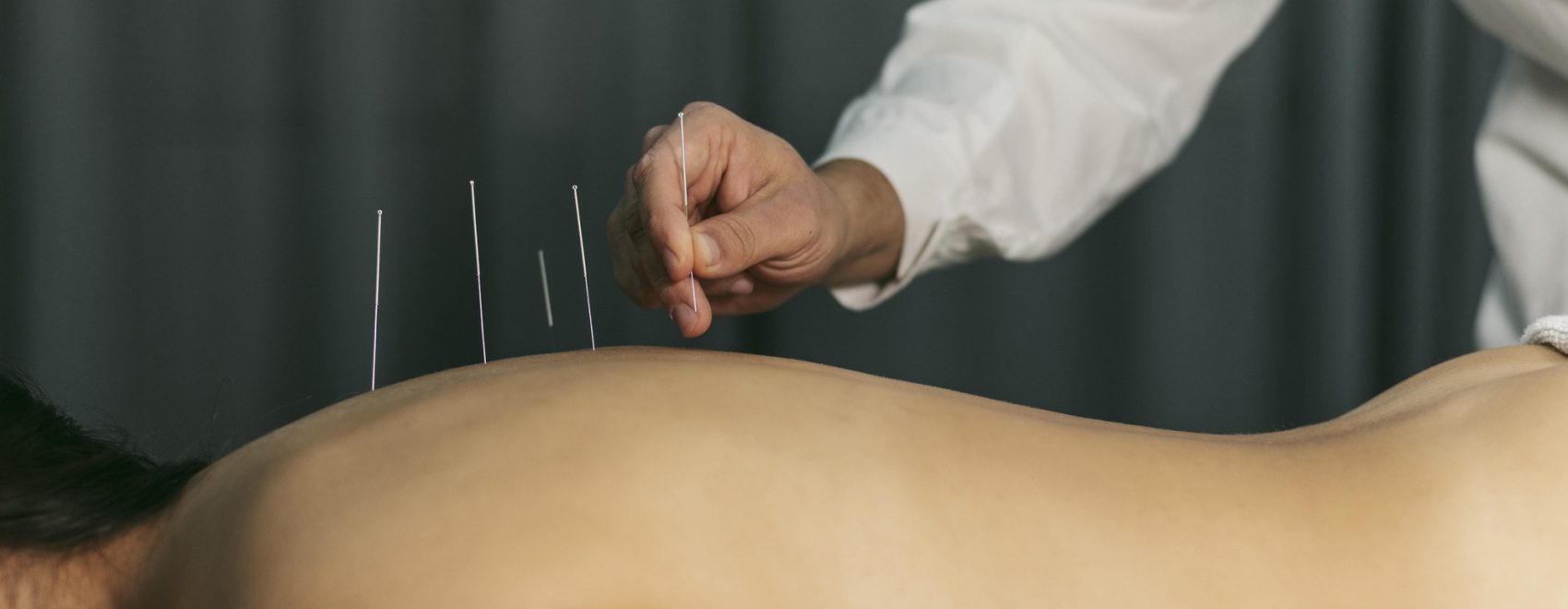As an increasing number of people turn to drug-free treatments for pain relief and muscle recovery, acupuncture and dry needling have gained attention for their effectiveness. Although they may look similar at first glance—both involve the use of thin needles inserted into the body—the difference between acupuncture and dry needling is more than skin deep.
At GD Osteopathy in Enfield, we specialise in dry needling as part of our personalised approach to musculoskeletal health. So, how do these two treatments differ, and more importantly, which one is right for you?
1. Origins and Philosophy
Acupuncture is rooted in Traditional Chinese medicine, a centuries-old system of health that views the body as an energetic whole. The practice is based on balancing the body’s energy—or Qi—by targeting specific points along energy pathways called meridians. It’s a holistic approach aimed at treating not only physical discomfort but also emotional and internal imbalances.
In contrast, dry needling is grounded in Western medical principles. It focuses on targeting myofascial trigger points—those tight, knotted bands of muscle that can cause pain and restrict movement. The technique relieves muscle tension, improves mobility, and reduces pain, especially when integrated into a physiotherapy or osteopathy treatment plan.
2. Technique and Application
Acupuncture therapy involves placing needles at pre-mapped meridian points across the body, regardless of where symptoms are presenting. The goal is to restore overall balance and well-being. Treatments are typically calm, meditative, and often form part of a broader wellness routine.
Dry needling is more targeted and precise. The needle is inserted directly into tight muscles or trigger points to create a local twitch response—a brief muscle contraction that helps release tension. This makes dry needling particularly effective for sports injuries, movement dysfunction, and muscular pain relief.
3. Conditions Treated
Both techniques can aid in pain relief, but they are suited to different conditions:
- Acupuncture: Often used for chronic pain, anxiety, digestive issues, insomnia, and migraine relief.
- Dry Needling: Best suited for acute muscle pain, sports injuries, muscle spasms, and restricted movement due to trigger point dysfunction.
At GD Osteopathy in Enfield, we use dry needling to support those dealing with myofascial pain, postural strain, and overuse injuries—conditions commonly experienced by athletes, desk workers, and manual labourers alike.
4. Sensations and Side Effects
While both treatments are generally well-tolerated, the sensations differ:
- Acupuncture often produces a light tingling or warming sensation, and most people find it deeply relaxing.
- Dry needling may trigger a short, sharp twitch response and can lead to a dull ache or muscle soreness that typically resolves within 24–48 hours.
These responses are normal and indicate that the muscle is reacting to the treatment and beginning to heal.
5. Choosing The Right Treatment
If you’re deciding between acupuncture vs dry needling, consider:
- The nature of your condition: Chronic, systemic issues may benefit from acupuncture, while localised muscle pain responds better to dry needling.
- Your treatment goals: Are you seeking a holistic, energy-balancing experience or a targeted muscle-release therapy?
- Professional advice: At GD Osteopathy, we assess your condition and health history to tailor the most effective approach for you.
Not sure which option fits your needs? We’re here to help guide you.
6. Professional Credentials and Safety
Regardless of the technique, it’s vital that needling therapies are carried out by trained and certified professionals. At GD Osteopathy, our practitioners are fully qualified in dry needling, using sterile, single-use needles in a safe clinical environment.
For more information about acupuncture, visit the NHS Acupuncture Overview.For a full list of treatments we offer, see our dry needling services page for our Enfield clinic.
Ready to Take the Next Step?
Curious about how dry needling could support your recovery and relieve pain? Book your personalised consultation today through GD Osteopathy’s dry needling services in Enfield—and take the first step towards better movement, less pain, and improved well-being.

